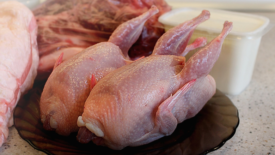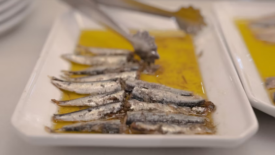Management
A look at how whole-being competencies support technical leaders to shift culture through daily interactions and behaviors
Read More
Never miss the latest news and trends driving the food safety industry
eNewsletter | Website | eMagazine
JOIN TODAY!Copyright ©2024. All Rights Reserved BNP Media.
Design, CMS, Hosting & Web Development :: ePublishing










